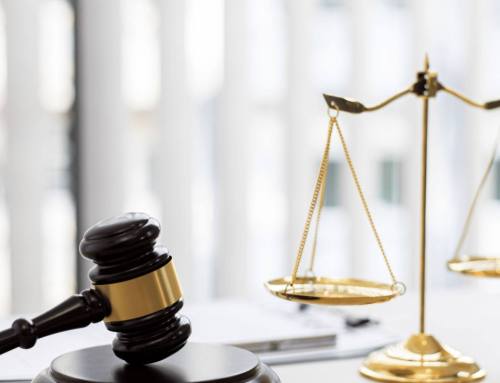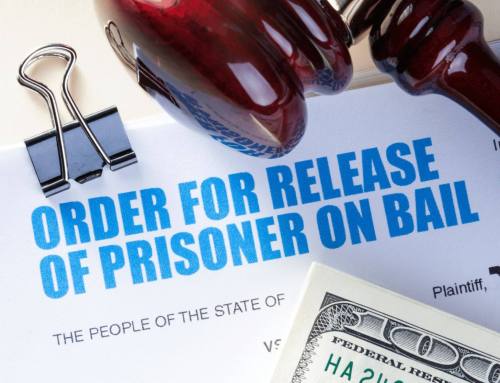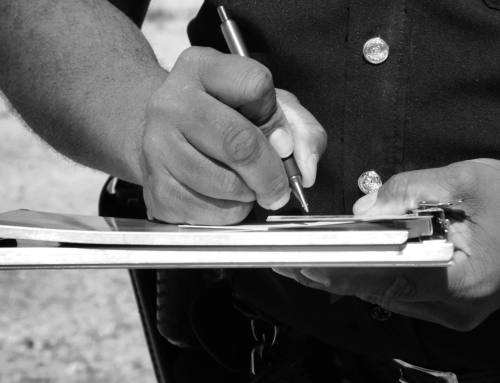Q: A family member is in jail. From what I gather, we will be able to post bail and get him released, but never having had this to deal with, what are our choices?
A: First, is there any chance that your family member will be released on his or her own recognizance? If so, bail need not be posted; the individual simply promises to attend court appearances. If bail is required, it can be cash, a bail bond (most common), or through a property bond ”
(the court places a lien on property, and if the defendant fails to appear in court as instructed, the court is permitted to institute foreclosure proceedings).
A property bond is uncommon.
Cash bail means depositing the full amount with the clerk of the court, or with the agency that made the arrest. The court’s policies may allow payment by cash, money order, personal check, traveler’s check, or cashier’s check. If the person attends each of his or her court appearances, a full refund typically is made in 60 to 90 days upon resolution of the case. If there is a failure to appear, however, the money is forfeited to the court.
A bail bond is what most do. A bail bonds agent posts the bail in return for a non-refundable premium. Under Nevada law, the maximum premium can be 10% to 15% of the total bail (eg., 10% = $30,000 bail, $3,000 non-refundable payment). Some companies offer discounts for various reasons, such as government employees or parties represented by attorneys. The contract with the bail bonds agent usually have a one year duration, after which a renewal premium must be paid. Many bond agents require collateral, something of value to seek to make sure the defendant does not “disappear.” If he or she does, the agent can sell or keep the collateral.
Q: How is bail set? Who decides?
A: Bail depends in part on the crime alleged to have been committed, the locality (counties often have their own bail schedules), and residence. Many of the jails post bail schedules, which set forth the amount for common offenses. Ultimately the court sets the bail. While most often the judge will stay with the bail schedule, he or she has the authority to raise or to lower the bail amount based on a number of factors (eg, seriousness of the alleged misconduct, past criminal record, whether the defendant is employed, and the defendant’s relationship to family members and the particular community).
We hope you found this helpful, You can always contact if you have any questions regarding Bail and Bail Bondsman policies.
Visit Our FAQ Page Here
Lightning Bail – Las Vegas – 702-333-2663






